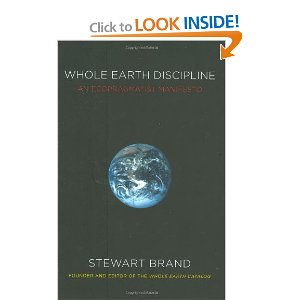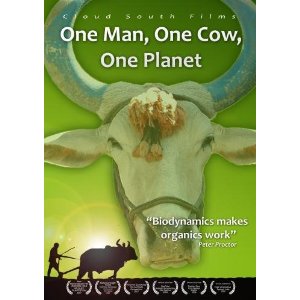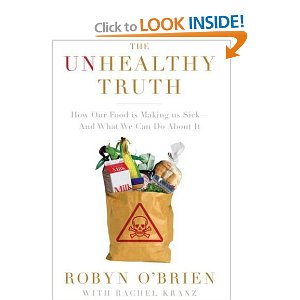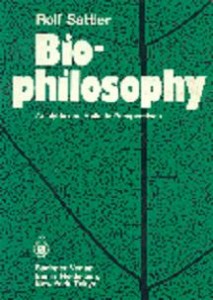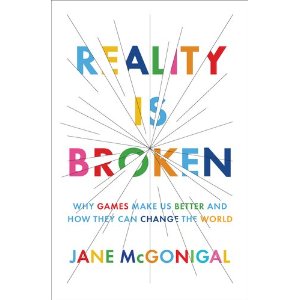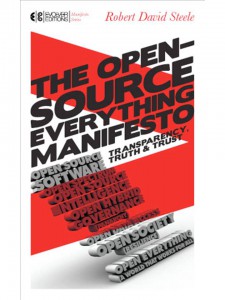
Robert David Steele
Updated 27 June: Why on earth is this book in top 100 for Espionage? I can only speculate that because I am a former spy, trained over 7,500 intelligence professionals, and have been an arch critic of secret intelligence ever since my 1988 conversion experience, that those who know me or know of my work have tane an interest in the book. They are correct to do so. As the image I have loaded above with the cover, entitled “Intelligence Maturity,” clearly depicts, the craft of intelligence must evolve away from an obsession with spies and secrets and move rapidly through open sources and methods to M4IS2 (Multinational Multiagency Multidisciplinary Multidomain Information-Sharing and Sense-Making). Smart Nations and public intelligence in the public interest are the center of gravity for creating a world that works for all, not spies and secrecy that work more often than not for the 1% instead of the 99%.
Now that Look Inside the Book is up, I have deleted the table of contents and the list of opens I provided early on, and thank all those who went ahead with buying the book (Amazon has the lowest price I know of)—you helped put the book in Top 100 for Democracy most days since the book came out — Top 50 on 17 June. Although fleeting, these rankings are a small sign that the Open Source Everything meme has arrived.
The book evolved from my January 2007 keytone to Chris Prillo's Gnomedex in Seattle, the 64 minute video (and various shorter remixes including one that has gone around Anonymous circles) easily found by searching for < YouTube Steele Gnomedex 2007 > without the brackets. Contact Random House Special Markets to buy the book by the case at whatever discount is the norm for them. I am very eager to receive invitations to talk about this topic, especially in relation to the November 2007 “election” that pits one wing of the two-party tyranny against the other wing, with no difference for We the People.
I have to credit Tom Atlee, Jim Rough, Harrison Owen, Buckminster Fuller, Russell Ackoff, David Weinberger, Lawrence Lessig, Kent Myers, among many others, for the raw material that helped me flip the tortilla–this book is a rejection of tyranny, toxicity, and theft in favor of transparency, truth, and trust. I list a few books below, but point to all 1800+ of my non-fiction rewviews as relevant to the evolution of my thinking since I recognized the pathology of secret intelligence and rule by secrecy.
At Phi Beta Iota the Public Intelligence Blog I have and will continue to post three short excerpts from each chapter (up to Chapter 5 as of this update), and also posted the 33 graphics as color slides, and an interview by Warren Pollock of myself, 11 minutes long. He is a gifted interviewer and video editor, extracted with precision and presented with flair.
This book completes the circle I started walking in 1988.
Robert Steele
ON INTELLIGENCE: Spies and Secrecy in an Open World
See Also:
Philosophy and the Social Problem: The Annotated Edition
The Tao of Democracy: Using co-intelligence to create a world that works for all
Society's Breakthrough!: Releasing Essential Wisdom and Virtue in All the People
Wave Rider: Leadership for High Performance in a Self-Organizing World
Ideas and Integrities: A Spontaneous Autobiographical Disclosure
Redesigning Society (Stanford Business Books)
Too Big to Know: Rethinking Knowledge Now That the Facts Aren't the Facts, Experts Are Everywhere, and the Smartest Person in the Room Is the Room
The Future of Ideas: The Fate of the Commons in a Connected World
Reflexive Practice: Professional Thinking for a Turbulent World
The World Is Open: How Web Technology Is Revolutionizing Education (Wiley Desktop Editions)
List of Opens and Online Ordering Links Below
Continue reading “Review: The Open Source Everything Manifesto – Transparency, Truth & Trust”


